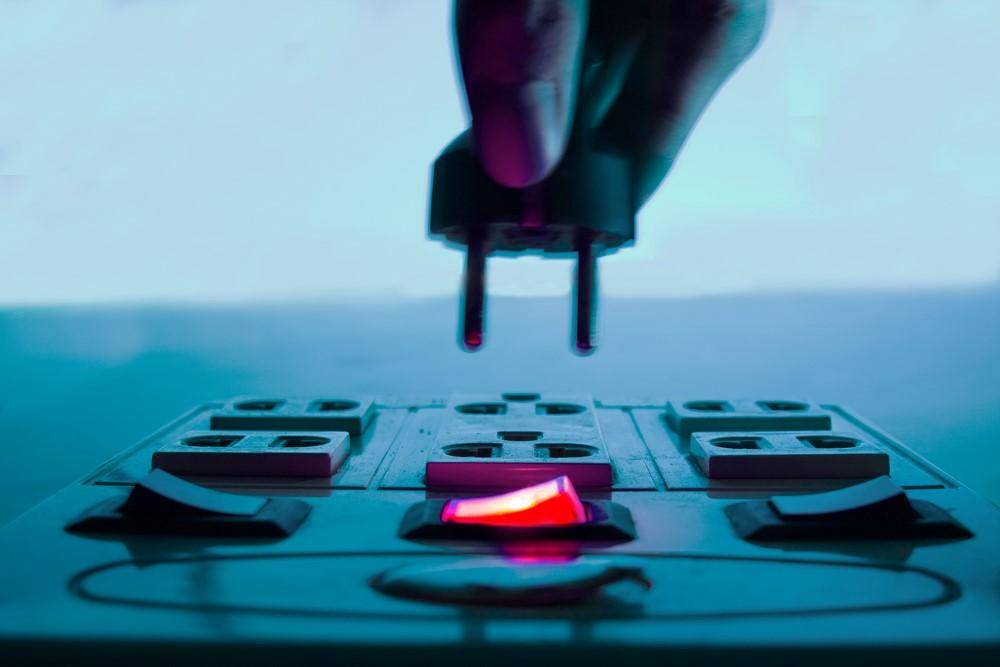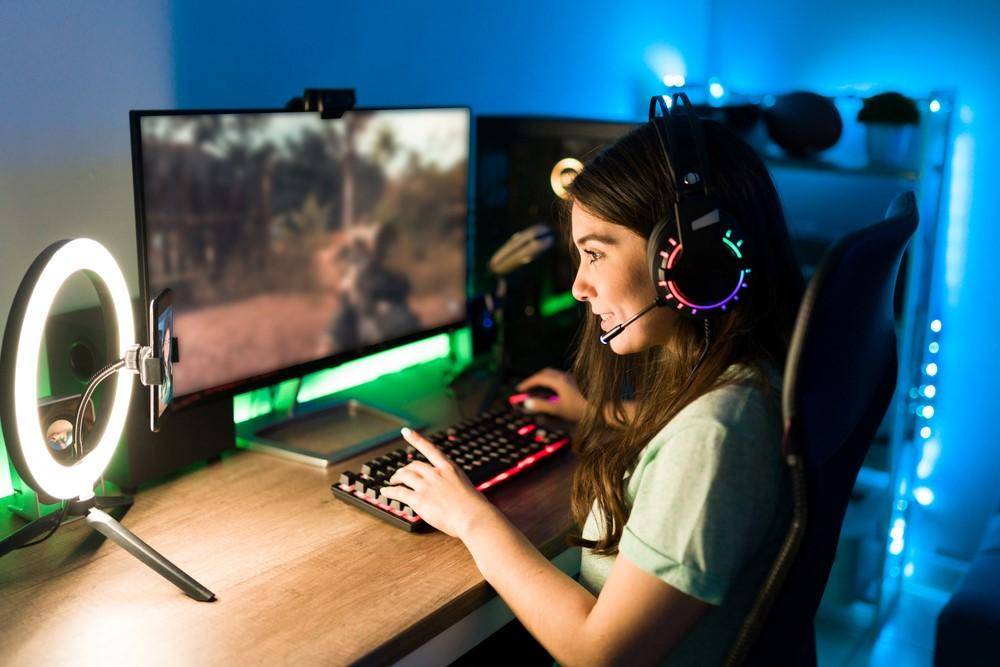Backup power isn’t just for those who want to live off-grid in a cabin. Many serious PC gamers swear by their uninterruptible power supplies: battery-powered backup systems that provide their PCs with uninterrupted emergency power in the event of an electrical disturbance like a blackout.
OK, that sounds pretty useful — but do you actually need one for your gaming PC? Is a UPS truly essential for protecting your hardware, or can most gamers skip it? Let’s look at what you should know before you make the decision to buy one.
What Is an Uninterruptible Power Supply?
An uninterruptible power supply (UPS) is a device that uses a battery to provide backup power to your PC in the event of a power outage. The UPS unit, which can resemble a small box or an oversized outlet strip, sits between your PC and its grid power source. In day-to-day use, it acts as a surge protector and voltage regulator, protecting your PC from annoyances like line noise and hazards like voltage spikes.
In the event your power goes out, however, a UPS springs into action. A split second before you’re even aware of the outage, the UPS’s sensors will see it coming and turn on the emergency battery power. How this part works depends on the type of UPS you’re using, but the outcome is the same: The battery provides enough backup power to at least shut down your PC properly.
A UPS isn’t designed to be used as a generator. The majority provide only a few minutes of power under full load. However, most use lead-acid batteries (like the battery in a vehicle) which can be recharged many times, so you don’t need to worry about constantly replacing the battery. (You will, however, need to replace it every few years according to its maintenance schedule.)
Why Some Gamers Want a UPS
The benefits of a UPS can truly come in clutch for many gamers. Major reasons to use a UPS include:
- Emergency Power: In a power outage, a UPS will provide your PC with enough battery power to safely shut down your system. That can be huge when you haven’t saved your game recently, or when you’re doing something that can corrupt your data if you lose power midway through.
- Voltage Regulation: Most UPS systems also act as surge protectors and voltage regulators. This helps keep your system safe from voltage spikes that can damage critical PC components, and (depending on the UPS) it may provide power conditioning that filters out line noise and interference.
- Professional Applications: Losing your game progress is one thing, but losing the work spreadsheet or CAD render you spent the past two hours on is a different kind of pain. That’s why pros who also use their gaming PCs for work almost always invest in a UPS.
- Extra Charging Ports: Many UPSes also include USB ports for charging various electronic devices, so you’ll never lack for a place to plug in various chargers in a pinch.
It’s also easier than ever to get a UPS that fits your space and budget. Gamers generally don’t need the big, pricey UPS systems that protect corporate server farms. Many home models are available in the $50-$100 range, including numerous options with the footprint of a standard outlet strip.

But Do You Need One?
Ultimately, many gamers will be fine without a UPS. If power outages are pretty rare in your area, and you’re not afraid of occasionally losing your progress if one does happen, a UPS is nice to have but probably not essential.
On the other hand, the more of these that apply to you, the more likely that a UPS is a good investment:
- You live in an old building or an area with an unreliable power grid
- You use your PC for long write processes such as video rendering
- You want the very best protection available for your PC equipment
- You have other sensitive electronics to protect, such as a NAS system
- You can’t stand the thought of losing your gaming progress
There’s no true alternative to the combination of surge protection and backup power that a UPS offers. However, if you choose to go without one, you should definitely make sure you at least have a robust surge protector to keep your system safe from overcurrents.
Choosing a UPS
UPSes may seem relatively simple, but don’t settle for the first model you find on the shelf. Here are some things to consider when you’re making your selection:
- Load Capacity: First, make sure your UPS will provide enough power to shut down all your equipment safely. Various free calculator tools are available online to estimate how many volt-amperes or watts your system needs — but remember that you’ll want to choose a power supply that’s comfortably above this by at least 20 percent.
- UPS Type: From most basic to most advanced, your options are standby, line-interactive, or online UPS systems. Standby is sufficient for most gamers’ needs, but if you need to protect professional equipment, a line-interactive model provides more protection and better power conditioning. (Online UPSes are more than the average person needs and are mainly used by businesses.)
- LCD Screen: Some UPSes use an LCD screen to display system status and battery life, including a real-time countdown that shows exactly how much time you have left under current load conditions. If you just need a basic outlet strip UPS, you might be comfortable without this feature, but they can be helpful for people with more complex setups.
- Number of Outlets: If you’ll be using your UPS as an outlet strip, make sure that it has sufficient outlet space for all the devices you plan to connect to it, plus USB ports or anything else you need for charging purposes.

While UPS systems are ultimately optional, they’re a great investment in your peace of mind. At today’s prices, we think the scale is definitely tipping toward “better to have and not need,” in favor of UPSes — especially since they’re now available built into standard surge protectors.
Read more: Things you need to know before buying a laptop for gaming




